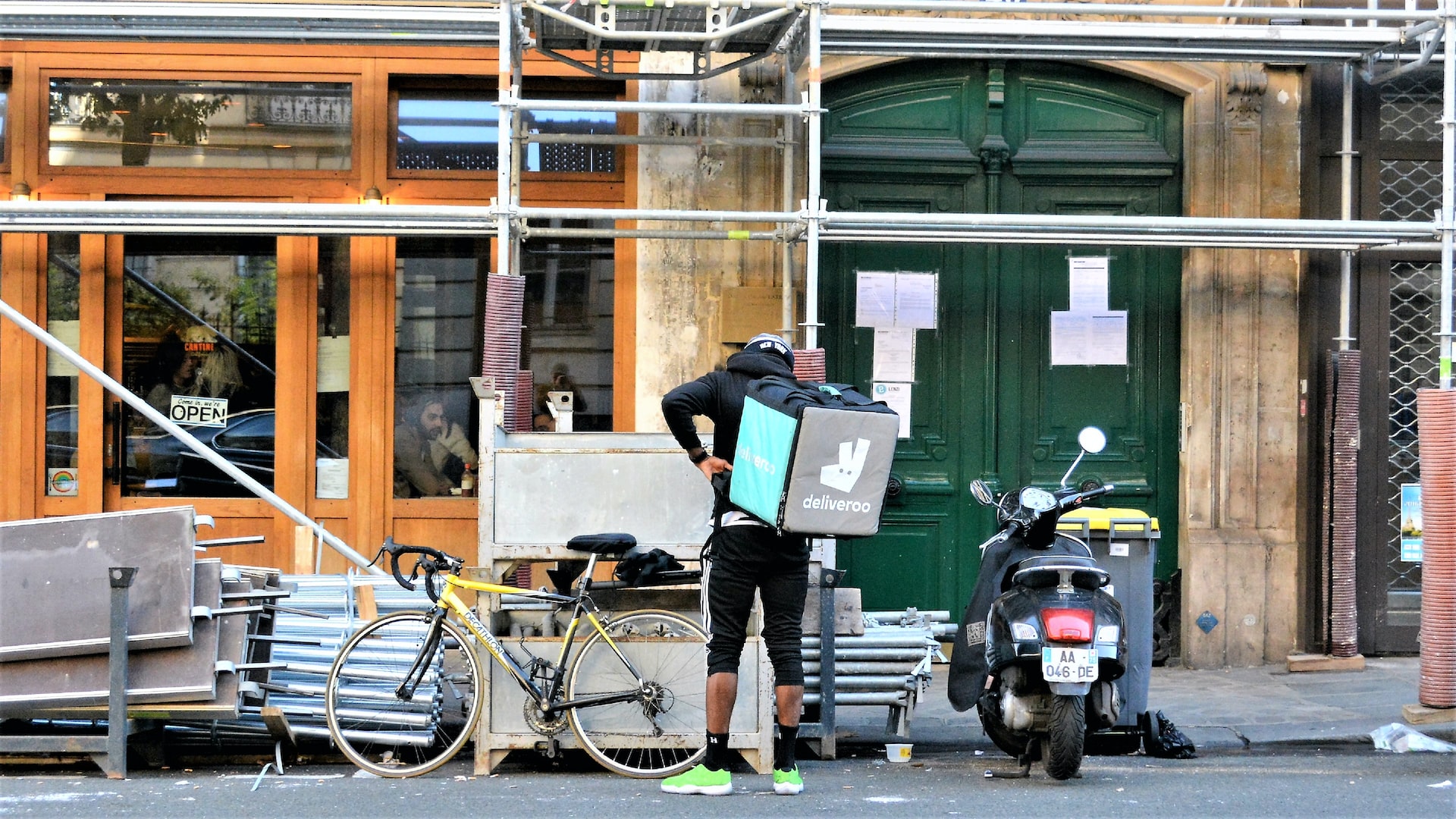The Communications Failings Behind That London Food Bank Closure Outrage
On September 19th 2022, a food bank in Wimbledon, London, closed for a public holiday. If you’re lucky enough to not already know, food banks are typically non-profit organisations, staffed by volunteers, that supply food to those in need. Their use has escalated in the UK, filling a gap that economic opportunity and government support services no longer meet.
September 19th was not a typical public holiday, however. As the day of Queen Elizabeth’s funeral, it was slotted in to the public holiday schedule at the last minute, topping up an already bumper year of days off after an earlier bonus for the Platinum Jubilee. This meant England and Wales enjoyed 10 public holidays, up from their usual 8 (Scotland and Northern Ireland got even more, enjoying 11 instead of 9, and 12 instead of 10, respectively).
While this public holiday was far from usual, the act of closing on public holidays was a normal occurrence for this south London food bank. Yet the response to what could have been a fairly ordinary announcement was described by MyLondon as “outrage”, with feedback along the lines of:
“Why does the queen’s funeral mean you need to stop providing food for people?”
And:
“Nothing like stopping the most vulnerable from being able to access food on a day when millions in taxpayers’ money is being spent.”
So what went wrong? I’m going to take a substantial detour here, entirely bypassing the ethical point of whether it was appropriate or not for this service to close and instead look at the flaws in their statement.
Saying the wrong thing
The statement shared by the food bank was short and simple, but it featured a core error that acted as the trigger for the outrage that followed:
Our condolences go out to the Royal family at this sad time. All food bank hubs will be closed on Monday 19th September due to funeral. We will reopen from Tuesday 20th Sept.
While true that the decision to close was ultimately a result of the funeral, this food bank had a long precedent of closing on public holidays. In reality, they were closing because it was a public holiday, and they wanted their volunteers to have a day off. By neglecting to make this point, the stage was set for disgruntled members of the public to share entirely valid concerns.
They’d represented the situation incorrectly, and made it seem worse than it was.
Not giving enough information
The role food banks play in society has become increasingly critical. Yet food banks are not government services. They are often community-run, stocked with donated goods and kept going by donated time.
The message delivered failed to do a couple of things. Firstly, there was insufficient consideration for the public perception of their significance. Secondly, they neglected to consider any potential lack of knowledge of the way they operate. As a result, the statement lacked substance and clarity, denying those receiving the message the opportunity to understand the situation fully.
By leaving important context out, the seeds for confusion were sown.
Failing to reflect their culture
Everything an organisation and its representatives say or do is a reflection of its culture. The deliberate and undeliberate things we see and hear offer valuable insights into what people and organisations are really like.
In this case, those behind the food bank’s statement failed to consider something pretty critical: they exist to help the most needy in society. Those people were not even mentioned in the statement itself and – even worse – the focus of the attention was someone literally in the opposite scenario of those they serve.
Failing to understand sentiment
Looking to make an out-of-the-ordinary statement? Do some research first. Have a quick Google and take a look at the messages and responses shared by similar organisations – it may well give you the insight you need to frame your message appropriately, changing the approach you originally intended to take.
Had this London food bank done this themselves, they would have found simmering public frustration with the decisions of some organisations to close, and the expense and level of attention being dedicated to the Queen’s funeral.
Drafting a statement benefits from an understanding of ‘the mood’. It’s basically the room you are walking in to, the room you need to read in order to deliver a message that lands.
That information could have given them food for thought.
Image courtesy of Nico Smit


